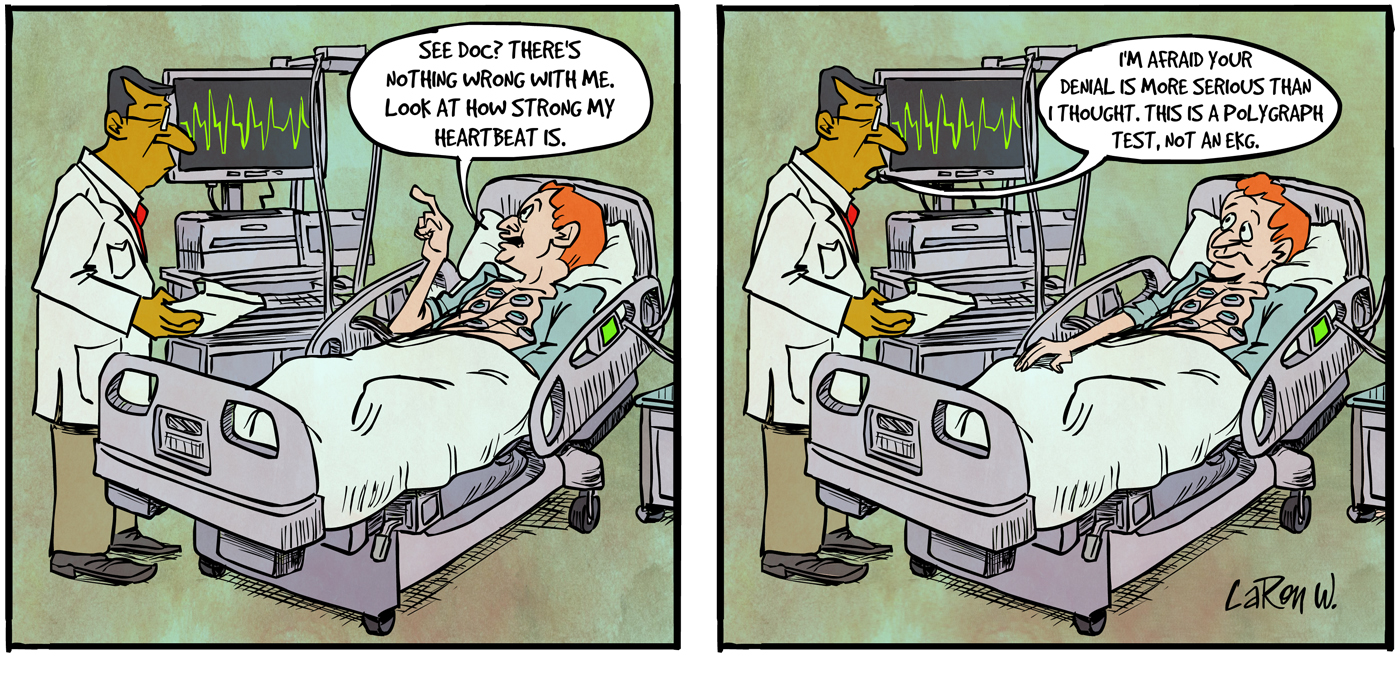Next week I will have surgery to remove some pre-cancerous cells from my nose. I was okay until I got a little pamphlet entitled “You’ve Been Diagnosed with Skin Cancer—What Now?” Luckily, the procedure “offers the highest potential cure rate—99% for skin cancer.”
I’m not really worried about the procedure; cancer isn’t a biggie in our family. But my vanity began to ask questions like, “What will my nose look like after surgery?” and “Will there be any permanent scarring that will draw people’s attention to it?” and “Will people look at me and quickly look away (like I do sometimes) pretending they don’t really see me?”
Talk about obsessing! I thought I had that under control. Yeah, right, just like I have my addiction under control with my “huge” six years of sobriety. How we fool ourselves sometimes!
The whole thing got me to thinking about this matter of scarring. I have many scars on my body, but most of them are conveniently covered by clothing, hair, fat, etc. They are from long-ago surgeries (hernia, appendix, etc.) and most folks can’t see them. This scar, if there is one, will be up front and obvious.
The scars left by years of addiction are like that too. Many of them are old and not so obvious to most people I’m around. I don’t even really think of them very much. But they are there, permanent reminders of my past history of compulsion, obsession, and abuse of myself and others. The broken marriage, neglected children, damaged relationships, stunted careers, financial trials—hidden from others but constant reminders of the disease that has dogged me for over 50 years now. My recovery keeps most of them from view, except for a few fellow strugglers with whom I choose to be real. The scars don’t miraculously disappear from my life, though they, like physical ones, do fade some over time.
Then there are the more obvious “scars” which are exposed when I become angry, resentful, prideful, or controlling. What am I to do with these? How can I hide them—or should I? Or can I, really? Perhaps I can cover them briefly with a bandage (such as niceness, helpfulness, compliance), but eventually they will be noticed by others and I will be exposed—again!
The good news is that I’m 65 and wrinkled up anyway, and I already have a couple of facial scars from previous procedures. What difference will one more make? Plus it probably won’t even be that obvious to others. I’ll know it’s there—but if I can keep my ego in check, I’ll be okay with it.
The same thing is true of my other scars. If I can concentrate on what’s really important (God, recovery, relationships, service), then I won’t be dogged by the shame that has ruled my life for a long time now. I’ll be free to accept myself as I am, scars and all, and to make the remaining years the best of my entire life. Maybe that’s what the White Book means when it says in “The Solution,” “We were finding what none of the substitutes had ever supplied. We were making the real Connection. We were home” (SA 205).
Art S., Columbia, SC






